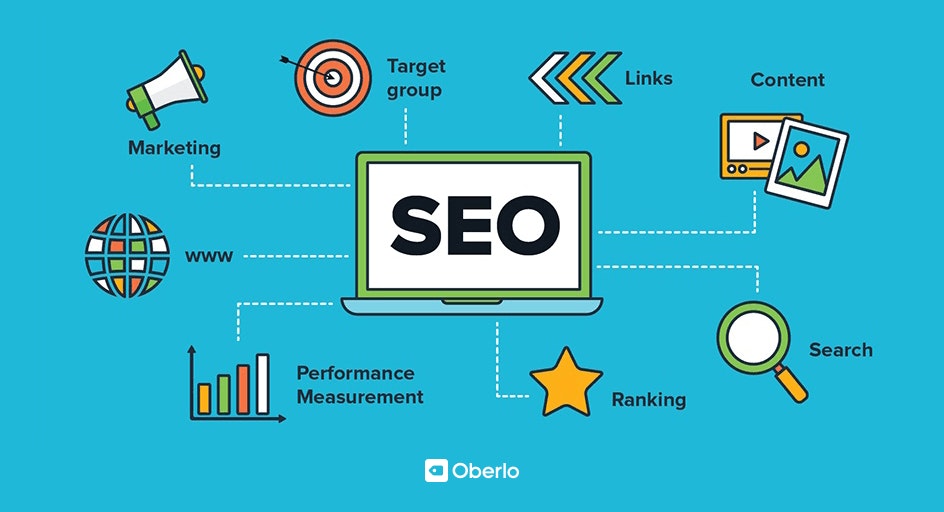Improving SEO optimization for a business website is essential for increasing online visibility, attracting more traffic, and ultimately driving conversions. Here are some effective ways to enhance SEO optimization for your business website:
1. **Keyword Research and Optimization**:
– Conduct thorough keyword research to identify relevant search terms and phrases related to your business, products, and services.
– Optimize your website’s meta tags, including title tags, meta descriptions, and headings, with target keywords.
– Incorporate keywords naturally within your website content, including landing pages, blog posts, and product descriptions.
2. **Optimize Website Structure and Navigation**:
– Ensure your website has a clear and logical structure that makes it easy for users and search engines to navigate.
– Use descriptive and keyword-rich URLs for each page.
– Create an XML sitemap and submit it to search engines to help them crawl and index your website more effectively.
3. **Mobile-Friendly Design**:
– Ensure your website is mobile-friendly and responsive to provide a seamless user experience across all devices.
– Use Google’s Mobile-Friendly Test tool to check your website’s mobile compatibility and make necessary improvements.
4. **High-Quality Content Creation**:
– Create high-quality, relevant, and engaging content that addresses the needs and interests of your target audience.
– Regularly publish fresh and valuable content, such as blog posts, articles, guides, and videos, to attract and retain visitors.
– Optimize your content for target keywords while maintaining readability and providing useful information.
5. **Local SEO Optimization**:
– Optimize your website for local search by claiming and optimizing your Google My Business listing.
– Include your business name, address, and phone number (NAP) consistently across your website, directory listings, and social profiles.
– Encourage customers to leave positive reviews on Google and other review platforms to improve local search rankings.
6. **Optimize Page Speed and Performance**:
– Improve website loading speed by optimizing images, minimizing server response time, and enabling browser caching.
– Use tools like Google PageSpeed Insights and GTmetrix to identify and fix performance issues.
7. **Earn Quality Backlinks**:
– Earn backlinks from authoritative and relevant websites in your industry to improve your website’s authority and credibility.
– Create valuable content that others will want to link to and actively promote it through outreach and networking efforts.
8. **Optimize for Rich Snippets and Featured Snippets**:
– Use structured data markup (schema.org) to mark up your content and increase your chances of appearing in rich snippets in search results.
– Provide clear and concise answers to common questions related to your business to increase the likelihood of appearing in featured snippets.
9. **Regular Monitoring and Analysis**:
– Monitor your website’s performance using tools like Google Analytics and Google Search Console.
– Track key metrics such as organic traffic, keyword rankings, bounce rate, and conversion rate to measure the effectiveness of your SEO efforts.
– Make data-driven decisions and continuously iterate and improve your SEO strategy based on performance insights.
By implementing these SEO optimization techniques, you can improve your business website’s visibility, attract more organic traffic, and drive growth and success for your business online.








